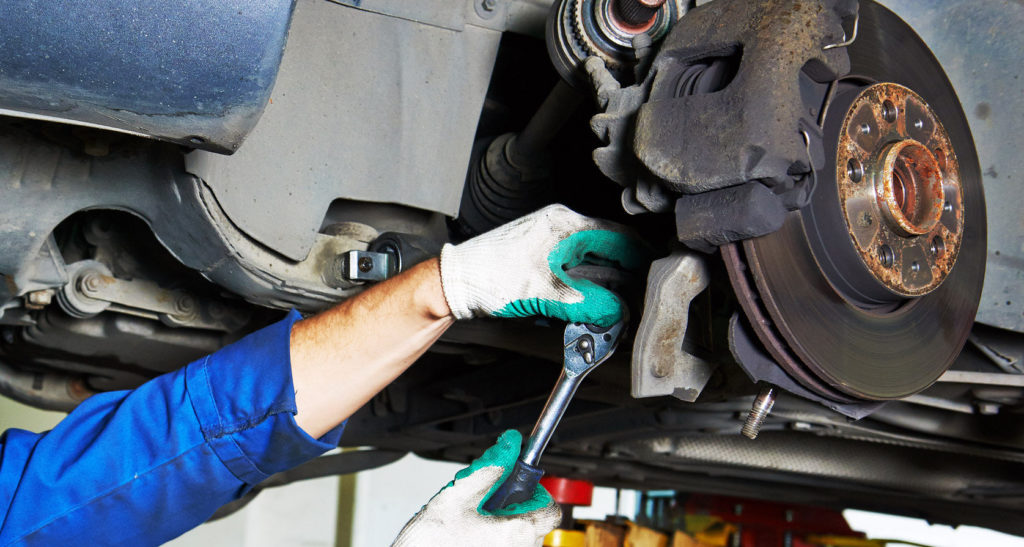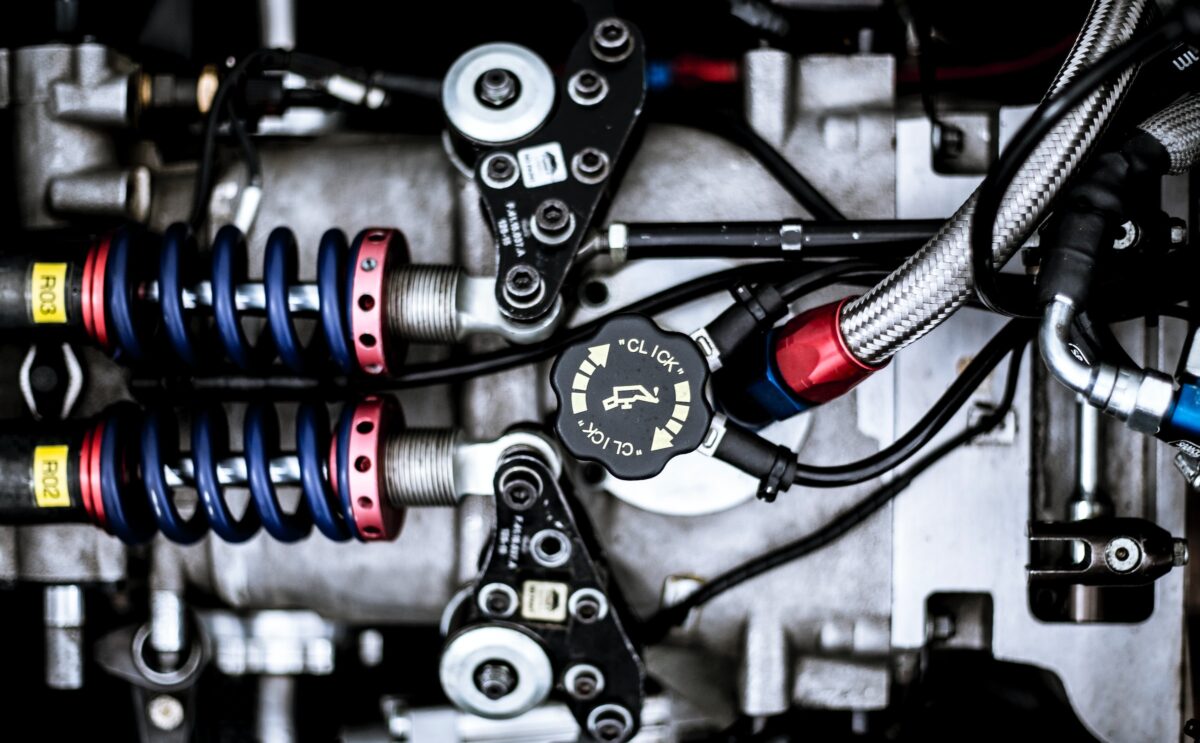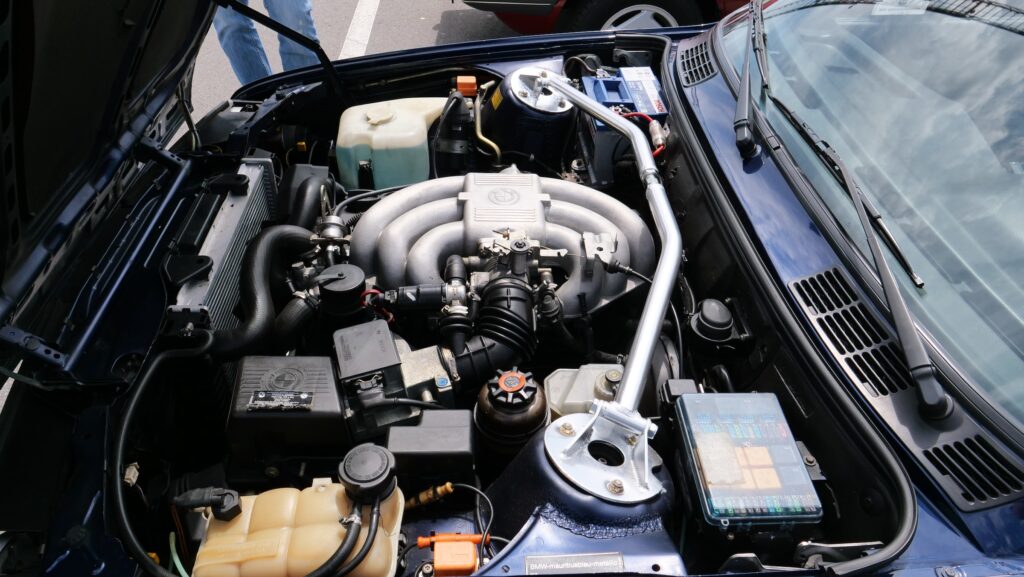Do You Really Need An Extended Car Warranty?
Extended car warranty is something not many people understand nor believe they should have, but with more and more people keeping their vehicles for longer than ever before, having it might just be a cost effective idea.
An extended car warranty is an additional form of insurance that covers the electrical and mechanical components of a vehicle in the event of damage or mechanical failure. The value of the plan taken directly affects the level of cover provided by the insurer.
While some people choose to purchase an extended warranty when purchasing a new car, others prefer to wait until just before the service or maintenance agreement of their vehicle ends.

What Does An Extended Warranty Cover?
Extended motor plans generally provide cover for expensive and unforeseen repairs such as mechanical breakdowns or electrical failures should they occur during the extended warranty agreement.
What Do Extended Warranties Not Provide Cover For?
Extended warranties generally do not cover scheduled service or maintenance components such as tune-ups, timing belt replacements, and oil changes. The majority of extended warranties also do not cover wear and tear items such as wiper blades and brake pads.

Here are 3 things vehicle owners should know about extended warranties:
- Extended warranties do not necessarily need to be purchased on the same day as your vehicle. If, however, you are purchasing your vehicle using a car finance plan, then purchasing the warranty at the same time is advantageous as the cost for the extended warranty will be included in the loan.
- Keep an up-to-date service and maintenance schedule as your cover can be affected by breaks in between scheduled service and maintenance.
- Always check to make sure whether extended warranty plans are a prerequisite for financing, as this may not always be the case.
As with any warranty cover, it is vital to read through and understand the fine print before deciding to purchase. Navigating your way through any motor vehicle related documentation can be confusing and frustrating, which is why we highly recommend that you always consult an industry professional to shed light on complicated terminology and legalese!




